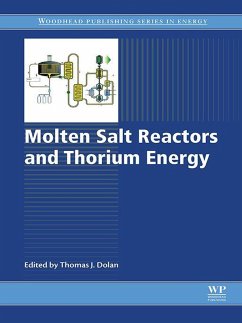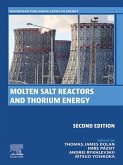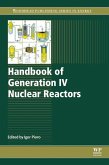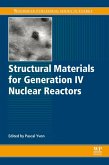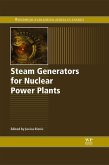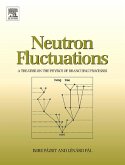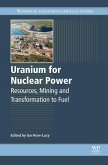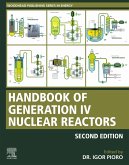Molten Salt Reactors is a comprehensive reference on the status of molten salt reactor (MSR) research and thorium fuel utilization.
There is growing awareness that nuclear energy is needed to complement intermittent energy sources and to avoid pollution from fossil fuels. Light water reactors are complex, expensive, and vulnerable to core melt, steam explosions, and hydrogen explosions, so better technology is needed. MSRs could operate safely at nearly atmospheric pressure and high temperature, yielding efficient electrical power generation, desalination, actinide incineration, hydrogen production, and other industrial heat applications.
Coverage includes:
This book is a collaboration of 58 authors from 23 countries, written in cooperation with the International Thorium Molten Salt Forum. It can serve as a reference for engineers and scientists, and it can be used as a textbook for graduate students and advanced undergrads.
Molten Salt Reactors is the only complete review of the technology currently available, making this an essential text for anyone reviewing the use of MSRs and thorium fuel, including students, nuclear researchers, industrial engineers, and policy makers.
There is growing awareness that nuclear energy is needed to complement intermittent energy sources and to avoid pollution from fossil fuels. Light water reactors are complex, expensive, and vulnerable to core melt, steam explosions, and hydrogen explosions, so better technology is needed. MSRs could operate safely at nearly atmospheric pressure and high temperature, yielding efficient electrical power generation, desalination, actinide incineration, hydrogen production, and other industrial heat applications.
Coverage includes:
- Motivation -- why are we interested?
- Technical issues - reactor physics, thermal hydraulics, materials, environment, ...
- Generic designs -- thermal, fast, solid fuel, liquid fuel, ...
- Specific designs - aimed at electrical power, actinide incineration, thorium utilization, ...
- Worldwide activities in 23 countries
- Conclusions
This book is a collaboration of 58 authors from 23 countries, written in cooperation with the International Thorium Molten Salt Forum. It can serve as a reference for engineers and scientists, and it can be used as a textbook for graduate students and advanced undergrads.
Molten Salt Reactors is the only complete review of the technology currently available, making this an essential text for anyone reviewing the use of MSRs and thorium fuel, including students, nuclear researchers, industrial engineers, and policy makers.
- Written in cooperation with the International Thorium Molten-Salt Forum
- Covers MSR-specific issues, various reactor designs, and discusses issues such as the environmental impact, non-proliferation, and licensing
- Includes case studies and examples from experts across the globe
Dieser Download kann aus rechtlichen Gründen nur mit Rechnungsadresse in A, B, BG, CY, CZ, D, DK, EW, E, FIN, F, GR, HR, H, IRL, I, LT, L, LR, M, NL, PL, P, R, S, SLO, SK ausgeliefert werden.

